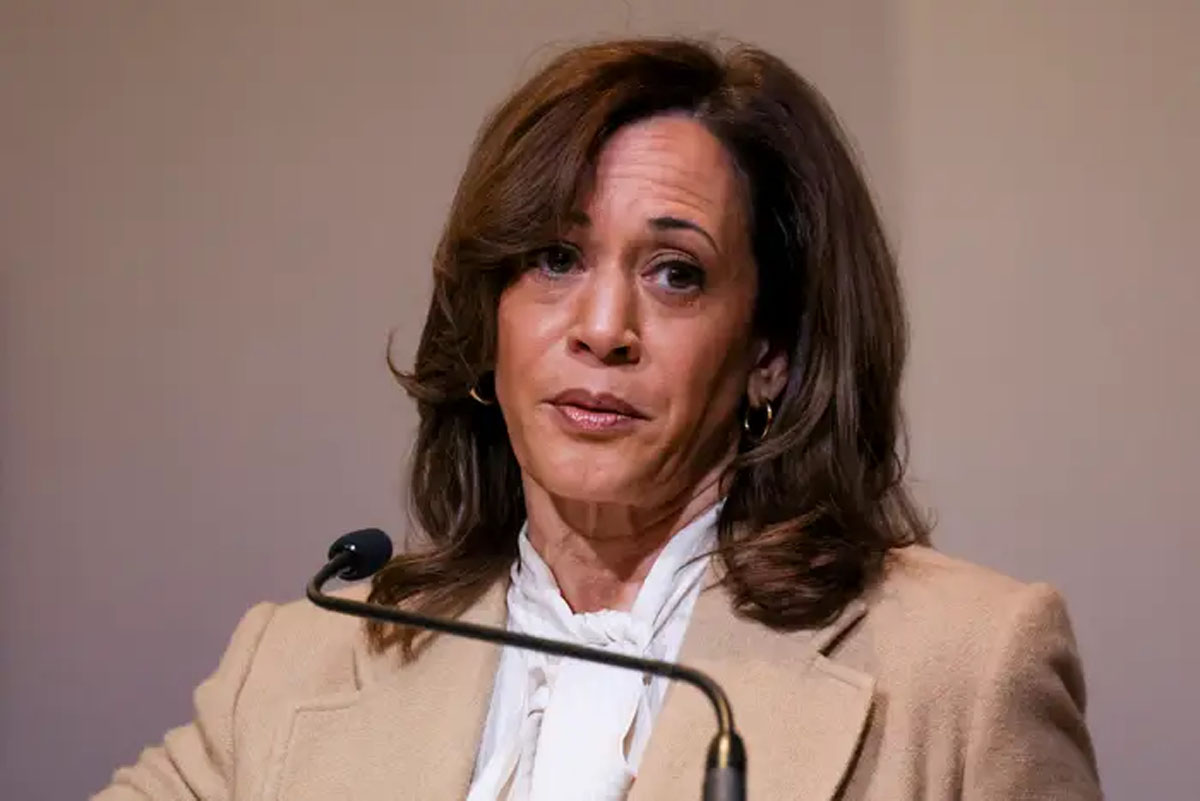
Photo Credit:Juliana Yamada/Los Angeles Times via Getty Images
Though Harris stopped short of directly naming any specific firms, the timing of her remarks drew attention, as they came just days after Willkie Farr & Gallagher LLP—where her husband, Doug Emhoff, is a partner—entered into a controversial agreement with the Trump administration. Willkie became the third major law firm to reach such a deal, aiming to avoid punitive executive actions similar to those being challenged by Perkins Coie in federal court.
Sources told multiple outlets that Emhoff expressed disapproval of the agreement, reportedly telling the firm’s leadership he disagreed with the move and encouraged resistance. However, Emhoff did not respond to Business Insider’s request for comment. He did, however, retweet a
portion of Harris’ speech in which she asserted, “Courage is contagious.”
The Trump administration has issued executive orders penalizing firms it perceives as hostile. Among them is a directive aimed at Paul Weiss for rehiring former federal prosecutor Mark Pomerantz, who assisted in the Manhattan District Attorney’s investigation into Trump’s finances. Another memo urged agencies to reconsider their ties with Covington & Burling LLP, citing its legal representation of former special counsel Jack Smith—who previously led investigations into Trump’s actions following the 2020 election and his handling of classified documents. Smith eventually dropped the cases and resigned from the Department of Justice.
Trump defended his actions, asserting that the firms “are not babies” and “did bad things,” claiming they went after him “ruthlessly, violently, and illegally.”
Former President Barack Obama also addressed the issue, warning against the targeting of individual firms by the federal government. Speaking at Hamilton College, Obama said, “Imagine if I had said to law firms that were representing parties that were upset with policies my administration had initiated, that you will not be allowed into government buildings.” He added that institutions must be willing to “stand for a principle” even at the cost of losing business.

















